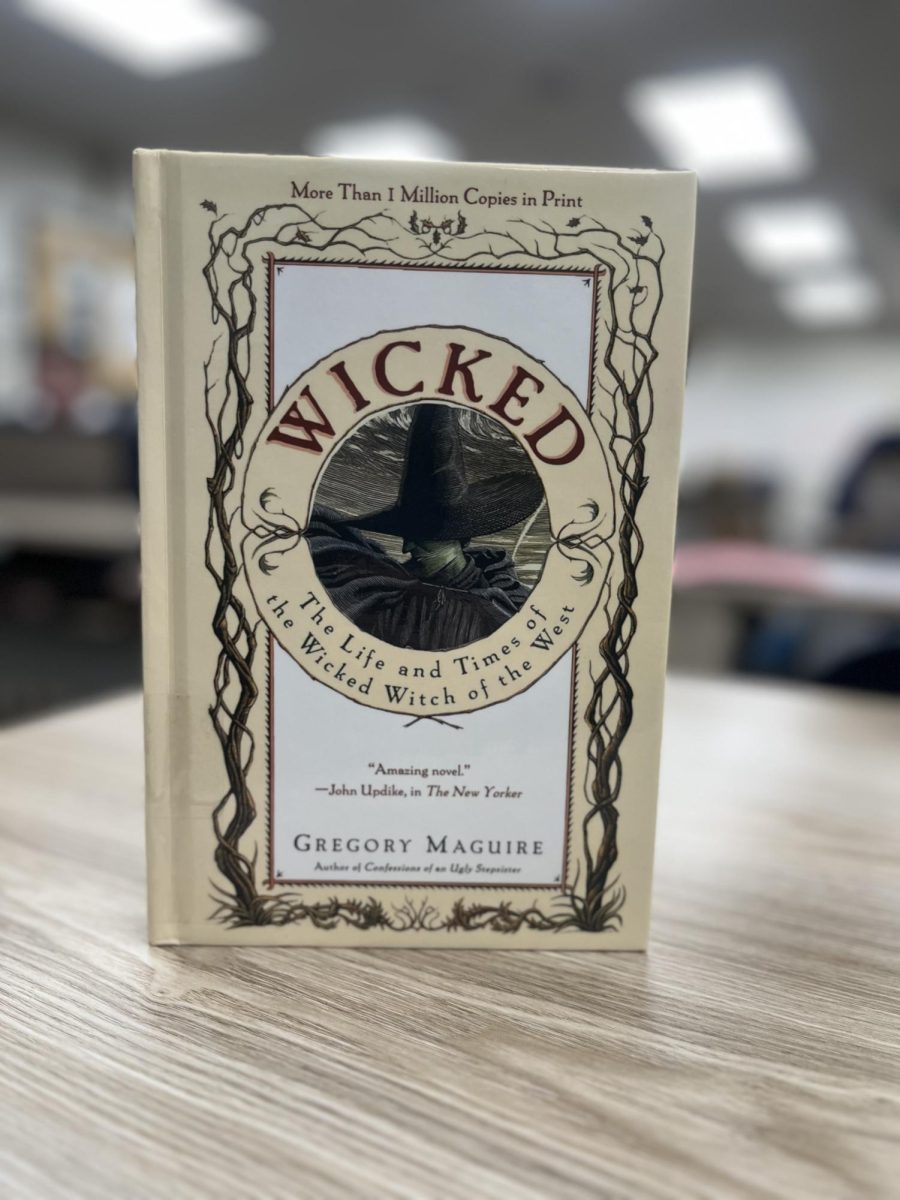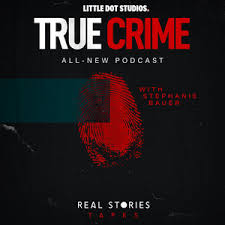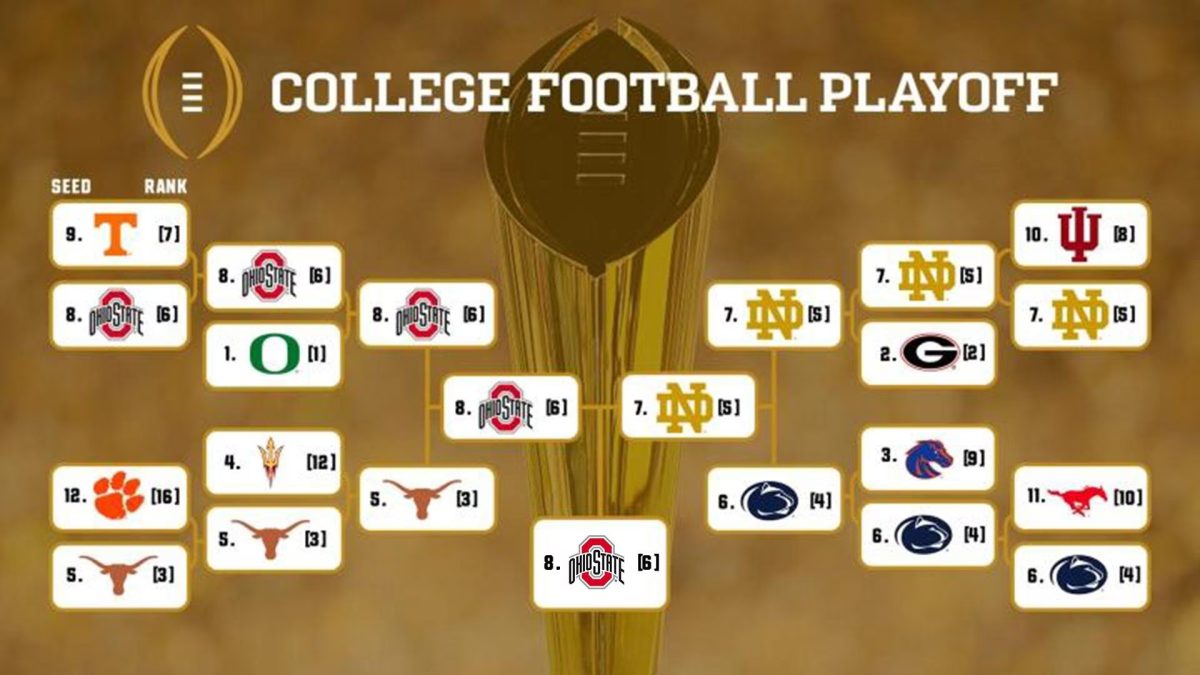“Wicked: The Life and Times of the Wicked Witch of the West” by Gregory Maguire was a wicked disappointment. Published in 1995, this dark, twisted prequel to “The Wizard of Oz” is a fictional biography of Elphaba Thropp, or the Wicked Witch of the West. Before there was Dorothy, the Tinman, the Scarecrow, and the Cowardly Lion, there was a young, poor green girl from the slums of Munchkinland, yearning to fix the injustices in the Land of Oz.
The novel is split into five chronological sections, representing each era of Elphaba’s life. While the opening chapters in Munchkinland drew me in with Elphaba’s backstory, Maguire filled the novel with excessive details of her life, making the novel feel longer than it was.
Despite this, Maguire has a magical way with words. His beautiful imagery sets up the Land of Oz as both bewitching and sinister, which perfectly matches the tone he is trying to convey.
For instance, Maguire writes, “The Emerald City glittered in the distance, a second sun dazzled by green reflections.” He additionally uses his language to foreshadow, which constantly keeps me on the edge of my seat.
While I enjoyed his enchanting way with his words, there were moments when his writing felt juvenile and flat. Maguire’s attempt to make his book about politics and social issues, but I felt that it was done in a distasteful manner. He tried to talk about so many issues, but they were never fully explained or forgotten about.
One of the more compelling aspects of the novel lies in its exploration of political issues, such as the oppression of Animals (which are talking Animals and are different from animals). In the first half of the book, Elphaba was a passionate advocate for the reinstatement of their rights because the Wizard was removing them from “traditional human roles” and sending them back to farms. I believe that this is brilliant worldbuilding and made me more sympathetic to Elphaba because of how she cares for others.
I think that Wicked is a relatable novel because of Elphaba’s yearning to change the issues in her world but being unable to. This was one of my favorite aspects of Elphaba’s character.
I had a couple of issues with “Wicked,” primarily how long and sometimes boring it became. There were chapters that made no impact on the plot of the story at all. This created an issue with the pacing because there were some interesting moments, but other moments were slow, unnecessary, and frankly, boring.
My second issue was Elphaba’s development, which at the start of the novel was incredibly compelling and became underdeveloped as the story progressed. Just like the pacing, there was a large jump between Elphaba at the start of the novel and Elphaba in the last section. There was no transition to how she became the wicked witch of the west.
My personal favorite part of the novel was the religion TikTokism, whose main objective is self-pleasure, which I think is very ironic in our current society since TikTok and social media are simply about our own pleasure.
Overall, “Wicked: The Life and Times of the Wicked Witch of the West” failed to live up to its potential. The beautiful imagery could not save the novel from the pacing issues, bad character development, and poor attempts at talking about political issues; it was a wicked disappointment.







